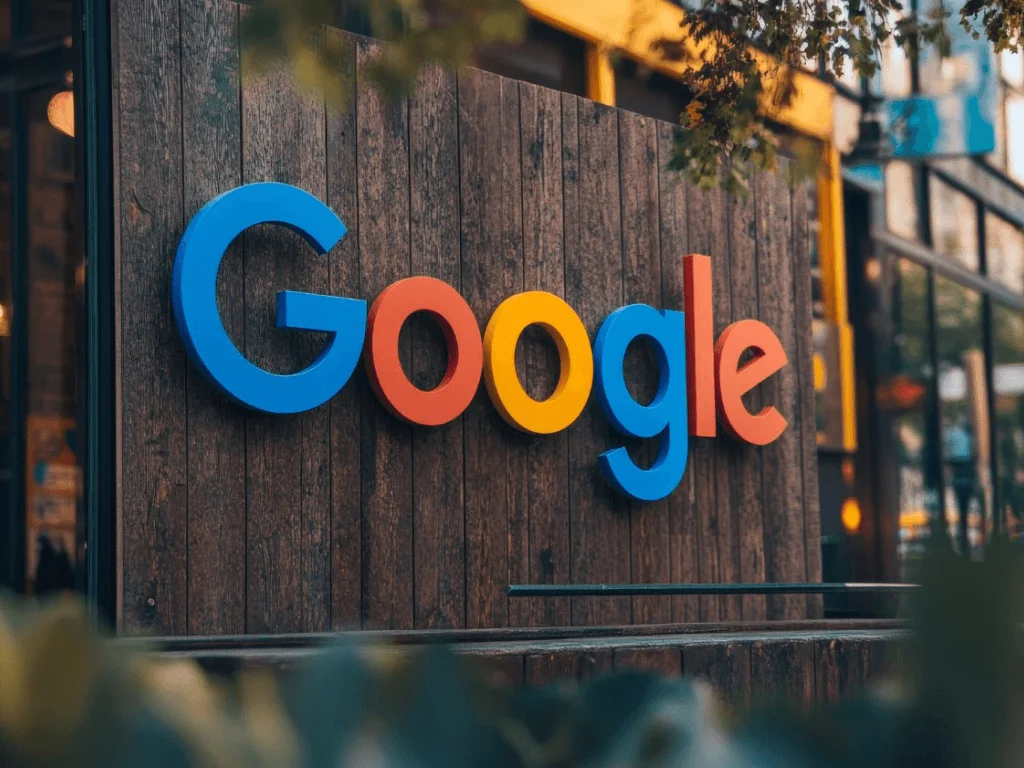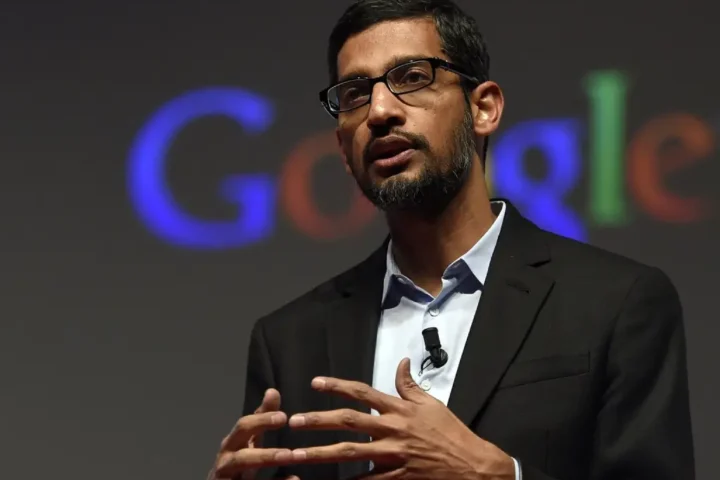There is a legendary case that occurred on October 7, 2024, when a U.S. judge told Google to change the Android app store and policies to be free for users and developers. The ruling follows a lawsuit by Epic Games, the maker of Fortnite, which claimed that Google controls the app distribution and in-app purchases on Android-based devices.
Switching to the restrictions applied to Google, for the next 3 years the company will be obliged to let Android users select other resources for in-app payments and downloads of apps from third-party stores, thus ending Google’s monopoly on transactions. Moreover, the company can no longer reward device makers for coming with the Play Store preloaded, nor can it take a cut of the revenue that distributors of other app stores collect a new avenue for competition is born.
Epic’s CEO Tim Sweeney described the judgment as a landmark decision in favor of app developers and consumers. He said that new stores, for instance, the Epic Games Store, will integrate with Google Play in 2025, and more XOR Android systems will be competitive.
Google, however, is not taking the decision lying down and has said it plans to appeal this decision and has also tried to seek a delay in the enforcement of these changes. The company claimed that the ruling would have a backlash on consumer security and privacy, but Judge James Donato mostly disregarded these worries in an era of fairness in competitiveness. Google now has up to November 1st to follow the court’s order.
This is one of the concerned antitrust cases that Google has encountered the search giant is faced with several such lawsuits. Earlier in August, another judge found that Google violated antitrust laws by illegally monopolizing web search, and the company is also accused of monopolizing the online ad tech market.
While Google now faces these legal issues, the decision heralds a huge change for Android users and developers, as the means through which applications are received and sold may change in the future.














